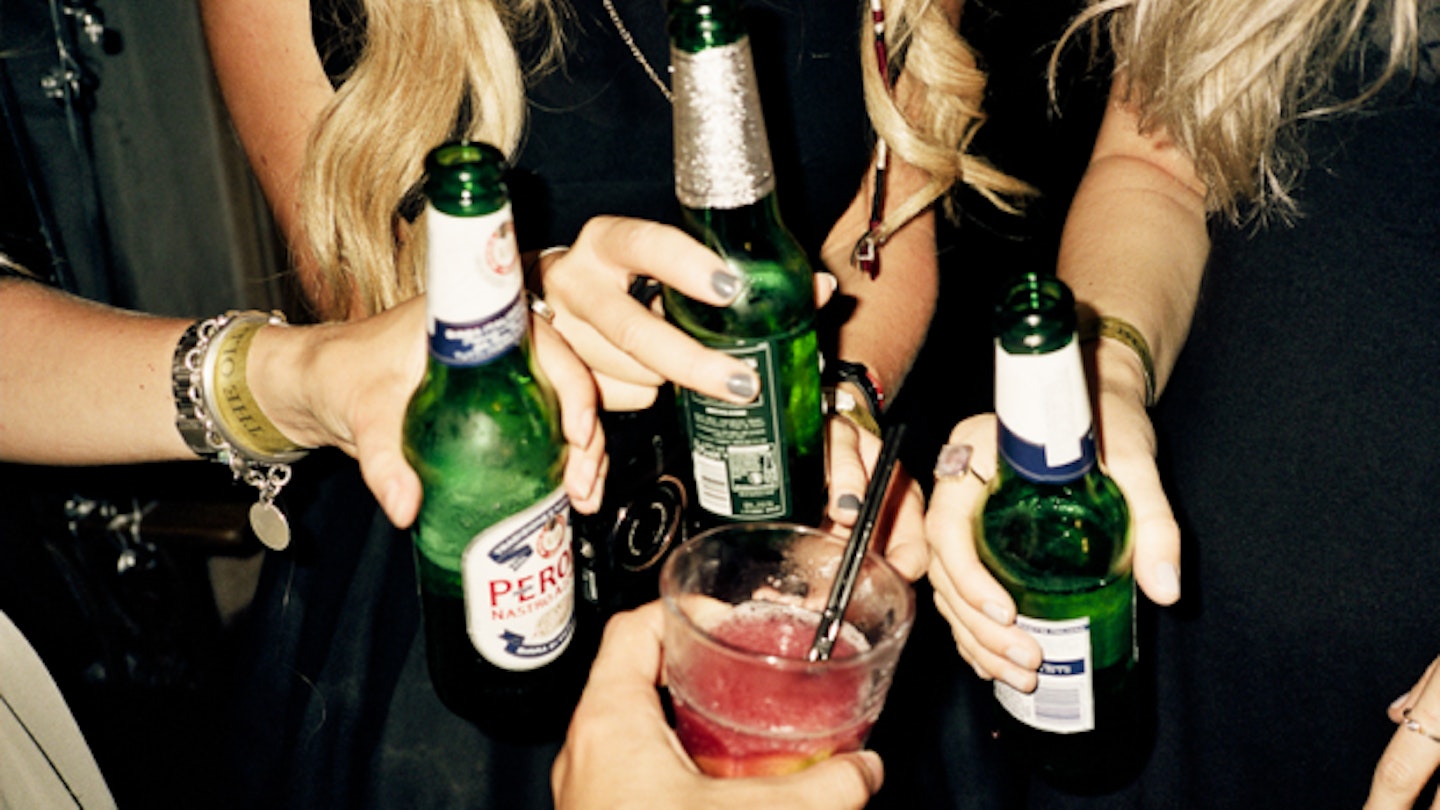Scientists have been working around the clock to uncover some the biggest mysteries of the gender divide by getting a bunch of voles drunk on vodka, and monitoring their behaviour. Yes, we said voles.
Scientists from Oregon Health and Science University in Portland used boozed-up prairie voles to discover that alcohol makes men more likely to cheat and women more up for snuggling. The results of the study released yesterday show that, when drunk, male voles are more likely to be unfaithful. Female voles, on the other hand, tended to become more anxious and desirous of physical contact (basically a snuggle) when drunk. Delightfully, the scientists also discovered that the frequency at which the voles consumed alcohol was affected by how much their voley friends and lovers were drinking. Sound familiar?
But instead of Jägerbombs or pinot grigio, these voles were given an ethanol and water concoction, which doesn’t sound that delicious. For 24 hours, previously unmated male and female voles were given access to the booze and observed while they drunkenly canoodled. The researchers then sepparted the voles and gave them new opposite-sex voles to hang out with. The drunk males voles tended to prefer their new, more novel female partners to the females they were hanging out with sober, whereas the girl voles preferred their old partners and sought out more huddling (spooning?) time with them. Teetotal male voles nearly always preferred their original mates.
There is a bit of genuine scientific thinking behind this – voles actually mate for life, which makes them a pretty good (and popular) option for scientists studying human bonding and monogamy. And unlike a lot of other animals, voles also like to get stuck into the sauce when given the option – which was crucial for this particular experiment.
Researcher Andrey Ryabin explained, ‘It’s the first time we’ve shown that alcohol drinking can directly affect social bonding and that these effects are paralleled by changes in neuropeptides. This means that we can use prairie voles to model not just our alcohol-related behavior, but the underlying molecular influences on that behaviour. More studies are required, but separating biological effects from purely cultural ones could lead to better treatments for both problem drinking and the resulting interpersonal conflicts.’
Well, until that’s done, might we suggest hiding the watered down ethanol from your boyfriend. The evidence suggests it’s going to make him a bit cheaty.
Follow Sophie on Twitter @sophiecullinane
Picture: Rory DCS
This article originally appeared on The Debrief.
